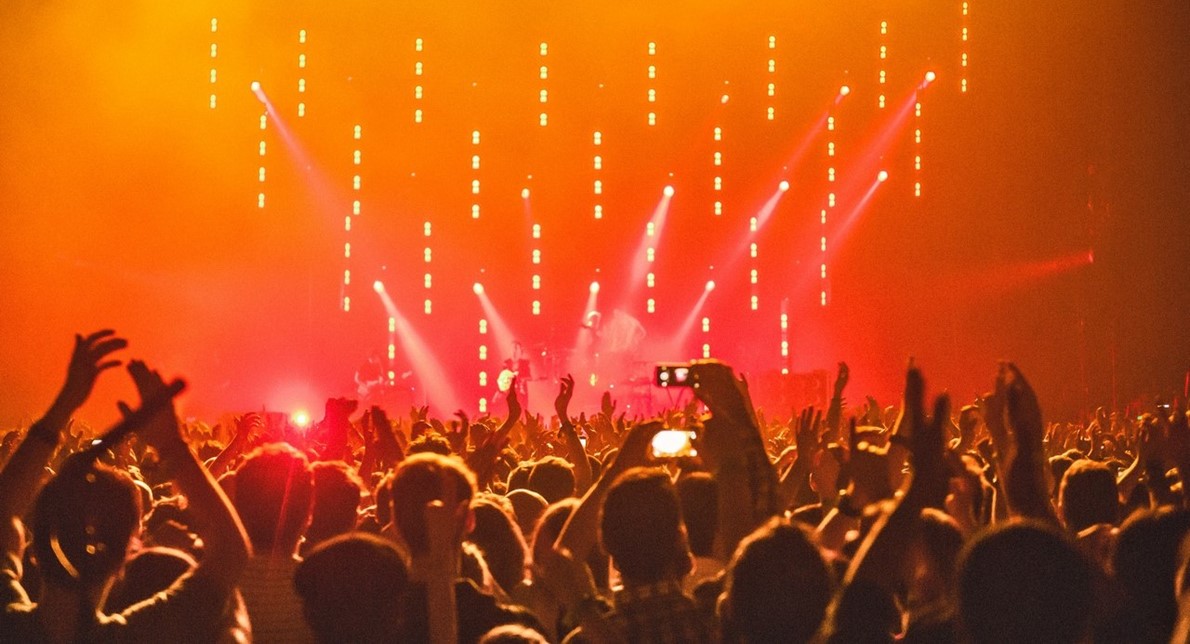Celebrities: we all
have our favorites, whether singers, athletes, actors, or even (more recently,
streamers and
Tiktokers. The more popular the star, the larger and often more
dedicated the fan base. The stereotypical mental image, likely fueled by chick
flicks and pop novels, is of teen girls with posters of the latest boy band
spattered across their bedroom walls and ceilings. But did you know that,
whether you have immortalized your idol on your wall space or not, there is a
specific name for the unique “long-distance” relationship you have with your
celebrity crush?
اضافة اعلان
A parasocial relationship is a one-sided
relationship that a media user has with a media persona (celebrity,. This
persona can either be a real celebrity or a fictional character. The
relationship can take the form of a friendship between the user and the
persona, a kind of mentorship, or a pseudo-romance (hence the term “celebrity
crush”,. Thanks to the rapid spread of social media, parasocial relationships
are more common nowadays than ever.
From interaction to attachment
The phenomenon of the
parasocial relationship was first identified in 1956. It is built on another
similar concept, known as parasocial interaction, which occurs when an
individual actually interacts with or observes a famous persona. The relationship,
on the other hand, consists of sentiments and thoughts that last beyond these
moments of interaction.

These two concepts can best be illustrated through
movies and TV shows. The directors try to immerse the audience in the drama or
action of the film, allowing watchers to feel that they are actually in the
room with the characters, and experience similar emotions. Watching a scene and
experiencing these things is considered a parasocial interaction.
After the movie or show is over, more dedicated fans
may continue to think about the film and actors, or even adopt some of their
behaviors and mannerisms. This is an example of a parasocial relationship.
In some cases, parasocial relationships can go a
step further: a user can develop a deep bond with the persona, similar to the
bond between caregivers and children or between
romantic partners. This
phenomenon, where the celebrity serves as a source of comfort and security for
the user, is known as parasocial attachment.
Another kind of breakup
Parasocial relationships begin with exposure to the media personality.
Perhaps a friend has recommended a book, or you stumbled upon clips of a
celebrity interview. At this point, as you read or watch, you experience
parasocial interactions. If the persona impacts you, you may remember and think
about them even after the interactions. This would be considered a parasocial
relationship and is further strengthened by continual parasocial interactions.
Eventually, depending on how much time and energy you spend obsessing over your
star, the relationship could reach the point of parasocial attachment.

Of course, we are all familiar with the other side
of the relationship coin, the breakup. All good things must come to an end.
Eventually, the show (or movie, or career, will reach its close, or the
celebrity will pass away, causing a parasocial breakup to take place. At this
point, it is common for someone who experienced a strong parasocial
relationship or attachment to suffer a loss similar to a normal breakup.
A biological effect
Although this entire
phenomenon may seem strange, our biology helps explain it. Humans are social
creatures. We have an advanced capacity to recognize faces and voices. When we
see certain faces regularly, we develop a sense of familiarity. If social
interactions are positive, it can lead to feelings of closeness and community.
Although media is relatively new in the course of
human history, these biological phenomena still apply. Especially with the
spread of social media, humans are constantly bombarded with the faces and
voices of celebrities. Moreover, fan bases on message boards and online forums
can even give us a sense of community.
In the early years of parasocial research, these
relationships were considered potentially harmful and abnormal. However,
parasocial relationships are now generally accepted as normal, and most
individuals experience them to some degree.
Bringing strangers together
In most cases, a parasocial
relationship is considered not only normal but also beneficial. Public figures
can serve as a role models for their fans, and positive role models can inspire
individuals to engage in constructive activities. Thus, the relationship can
result in increased self-confidence and stronger feelings of belonging. Some
celebrities, aware of their impact, also use their platforms to spread
awareness about social causes.
More recently, parasocial relationships played a
role during the
COVID-19 pandemic. As a result of widespread lockdowns, normal
social interactions decreased, causing a spike in loneliness and depression.
Research on parasocial relationships during lockdowns is limited, however, many
reports suggest that people turned to media to meet their social needs.
Although parasocial relationships may sometimes
replace social interactions, they often serve to enhance them. Since parasocial
relationships are one-sided, several people can share the same feelings for a
single persona without jealousy. This provides friends, family, and even
strangers online with a topic of discussion and a whole realm of media content
to enjoy together.
A word to the wise
As with almost everything, moderation is key in parasocial relationships.
Celebrities, as authority figures, can influence political views, purchasing
behaviors, and more. Just like positive role models have a positive impact,
negative role models can negatively impact their followers. This can be seen
most clearly in current times in the surge of misinformation, especially in the
medical field.
One 2013 study
tested the effects of parasocial relationships compared to those of normal
social relationships within the context of social media. The researchers found
that those who were more reliant on parasocial relationships while using social
media reported greater feelings of loneliness compared to those who used social
media to enhance real social relationships. Similarly, those who used social
media for parasocial relationships reported lower feelings of trust compared to
those who used it for normal social relationships.
It should be noted
that this study speaks more to correlation than causation. Nevertheless, the
main takeaway should be that parasocial relationships are normal, but if they
have a negative impact on social interactions, they can damage overall
well-being.
Read more Health
Jordan News



